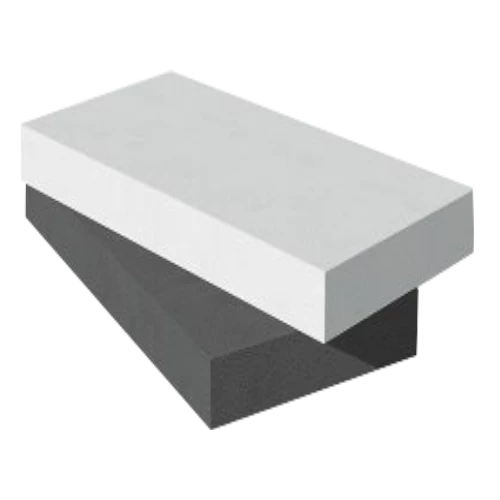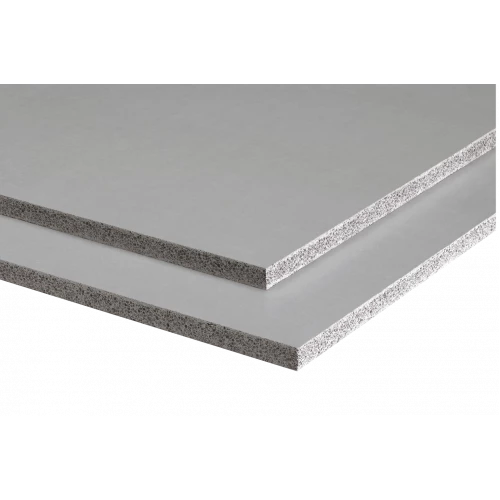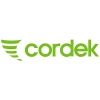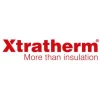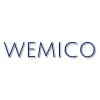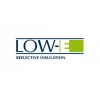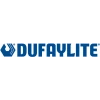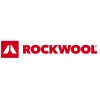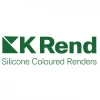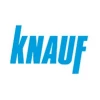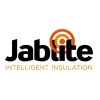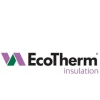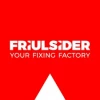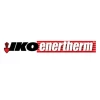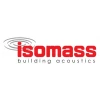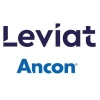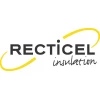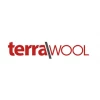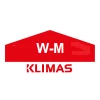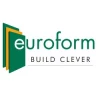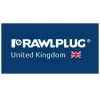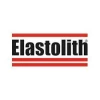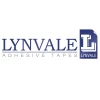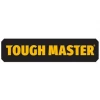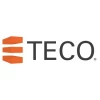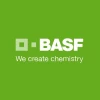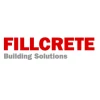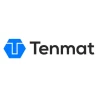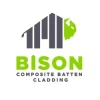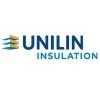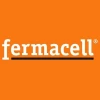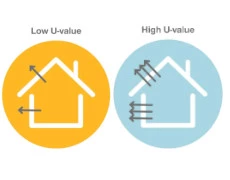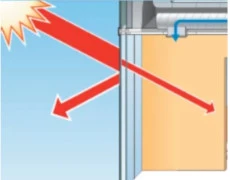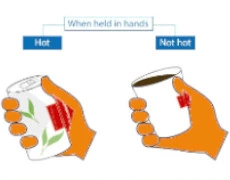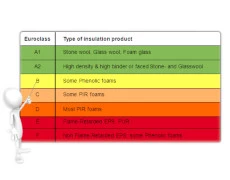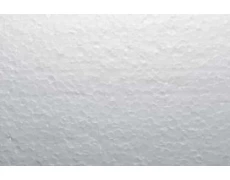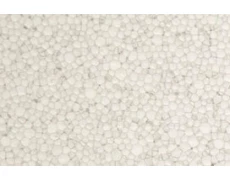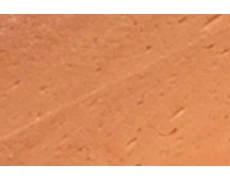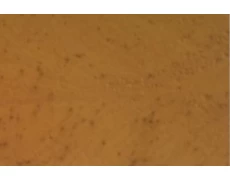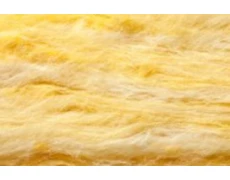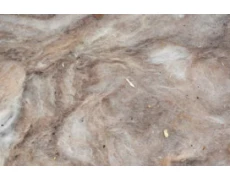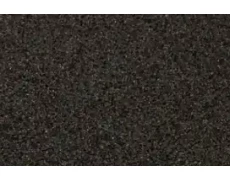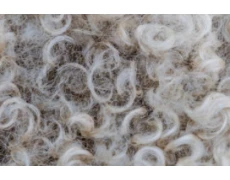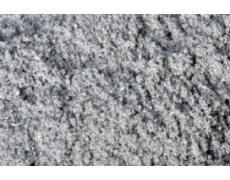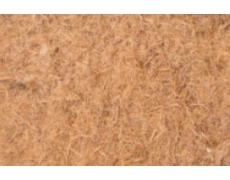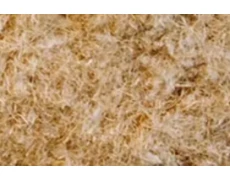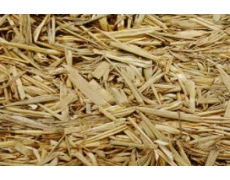
HOW ARTIFICIAL INTELLIGENCE MAY CHANGE INSULATION MARKET?*
Today, we're on the brink of the 4th Industrial Revolution, where artificial intelligence is quickly becoming a part of production and industry. We're not sure exactly how much it will change our lives in the next 50-100 years, but one thing is certain – Artificial Intelligence is speeding up the production of building materials, from constructing walls to insulation.
It seems like adopting Artificial Intelligence will also significantly affect thermal insulation. In this article, let's dig into how artificial intelligence is influencing the insulation materials market and what shifts we can anticipate in the near future
USING SMART ARTIFICIAL INTELLIGENCE FOR MAKING INSULATION
As of 2024 living costs are exceptionally high, and the prospect of even higher expenses is almost unbearable. The pursuit of more affordable solutions is not limited to individuals alone; both large and small businesses are actively seeking cost-effective alternatives. This trend is increasingly evident in employee time management systems, reflecting the growing control over workforce productivity. Companies aim to maximise human time. However, when conventional measures reach their limits, innovation in production systems becomes crucial. This is where Artificial Intelligence steps in.
In the near future, artificial intelligence is poised to take control of all machines in factories. Leveraging a plethora of sensors, AI will optimise the production process for maximum financial efficiency. These likely self-learning software systems will analyse machine data to determine how to expedite the manufacturing process.
Similar transformations are expected in factories producing insulation materials. Machines for moulding, cutting to size, and packaging will operate faster, more efficiently, and without the need for breaks. While this development holds the promise of potentially lowering the costs of insulation materials, it also raises concerns about potential job displacement on a significant scale.
Artificial intelligence in the insulation production process will not only oversee the operations but also fine-tune the chemical composition continually. This constant improvement will result in superior insulation materials with reduced thickness. While this advancement is positive for the quality of materials, it may also contribute to workforce reductions.
The integration of artificial intelligence into the insulation production process will also enable operations 24/7, meaning that we will never again hear about factory downtime. AI in insulation production introduces new and improved standards, greater precision in execution, and a guarantee of product consistency with the same chemical composition over many years.
The ability of artificial intelligence to operate around the clock brings unprecedented efficiency to insulation material manufacturing. The concept of factory downtime and interruptions becomes obsolete, replaced by a continuous and seamless workflow. This not only boosts productivity but also addresses the rising demand for insulation materials in a more timely and consistent manner.
Algorithms driven by artificial intelligence can analyse and adjust parameters in real-time, ensuring that each product meets specified quality criteria with meticulous detail.
The integration of artificial intelligence into the insulation production process can bring key advantages that can be achieved:
Reducing Production Time by 50%
Ensuring Reproducible Chemical Composition of Insulation
Operating 24/7 and Eliminating Factory Shutdowns
Real-time Machine Data Analysis
Elevating Performance Standards
ARTIFICIAL INTELLIGENCE FOR INSULATION MANUFACTURERS
Artificial intelligence brings more than just cost savings to the thermal insulation production process. For insulation manufacturers, or more specifically, the company's management, it translates to fewer concerns, more time for decision-making, and opportunities for further development.
When the production line is automated by artificial intelligence, there's no need for periodic checks and the hiring of additional personnel. This not only reduces worries for insulation producers but also provides more time for strategic decision-making and the exploration of avenues for growth.
Unfortunately, the introduction of artificial intelligence into the thermal insulation production process comes with significant costs related to its adaptation. Will this impact the final product's price? Certainly. It's a common reality that production costs are often passed on to the customer. Therefore, the integration of artificial intelligence into thermal insulation production processes will likely be associated with price increases—especially in the initial stages.
INNOVATIONS IN INSULATION MATERIAL DESIGN
Artificial intelligence uses smart algorithms that know exactly what needs to be done. These algorithms can optimise the chemical composition of insulation to achieve a specific efficiency value (U-value). As a result, we get better insulation that's thinner and easier to install.
With these improved insulation properties, we might see more passive homes emerging. These homes need minimal heating, potentially reducing living costs. While building a passive home could initially be costly, the ongoing expenses for heating might become almost non-existent, making the home self-sufficient.
This shift to passive homes not only supports the environment but could also change the way we live. Even though building a passive home might require a significant investment upfront, its ongoing operation could save money and time, allowing people to focus on family or enjoyable vacations.
Simply put, using artificial intelligence in making insulation isn't just about improving materials. It's a move toward creating homes that are not only efficient but also make our lives more sustainable and comfortable.
So, integrating artificial intelligence into insulation production isn't just a tech upgrade. It's a step toward a future where homes do more than just provide shelter—they actively contribute to our well-being and the environment.
PERSONALIZATION OF INSULATION SOLUTIONS
Imagine a scenario where all insulation manufacturers use the same software for production processes. Artificial intelligence, specifically its algorithm, could connect with other algorithms, potentially revolutionising insulation production.
It's known that different types of insulation are suitable for various applications. However, if we could combine their properties and create a versatile product, we might achieve thermal insulation capable of handling significant static loads. It could be breathable, have low thermal conductivity, be thin, waterproof, fire-resistant, pest-resistant, and environmentally friendly.
Currently, there's no such product on the market, and the first producer of such insulation would likely reshape the thermal insulation market. What's more? Adapting such an algorithm could lead to the creation of an individualised chemical composition for thermal insulation.
How might this work? Picture a situation where our homes are equipped with numerous sensors, providing data about the temperature inside and factors influencing it. With this output data and adaptation to the production process, the manufacturer could likely create a personalised insulation product for us. It wouldn't be unnecessarily thick, would be cost-effective, and quick to install.
Basically, using smart AI has the power to change the whole insulation-making business. It can also make insulation fit exactly what each person needs, making a big step forward in being more efficient and personalised.
ENERGY EFFICIENCY IN BUILDINGS IN THE ERA OF ARTIFICIAL INTELLIGENCE
It's quite easy to imagine what the future holds. Today, it's already known that in the near future, over 90% of our household devices will be controlled by smartphones and constantly connected to the internet. Our homes will, therefore, know everything about us — our habits, preferences, wake-up times, TV-watching habits. So, it seems entirely plausible that upon entering our own homes, artificial intelligence, with the help of our smartphones, will play our favourite song, heat the water, and make us a cup of tea. Sounds too perfect?
Certainly, this level of automation will have a direct impact on home maintenance costs. Artificial intelligence will power down all devices in our absence, reduce heating temperatures, and 30 minutes before our arrival, set our home to specific parameters. Perhaps, this could eliminate the need for the most expensive thermal insulation, with any gaps being compensated by lower utility bills.
In this future scenario, the seamless integration of artificial intelligence into our daily lives could not only make our homes more comfortable but also contribute to more sustainable and cost-effective living.
CONCLUSION
In summary, bringing artificial intelligence into insulation production makes things more efficient, precise, and consistent. With continuous 24/7 operation, we can rely on a steady supply of insulation materials, making manufacturing more advanced and dependable.
This not only simplifies our lives, giving us more personal time, but also seems to suggest that insulation costs might become more affordable in the future.
Related:
WHAT IS THE NEWEST FUTURE INSULATION?
SMART THERMAL INSULATION THAT'S CHANGING THE GAME
WHAT TO CONSIDER WHEN CHOOSING INSULATION MATERIALS
THE PRICE OF COMFORT: UNRAVELLING WHY INSULATION IS SO EXPENSIVE
THE POWER OF ULTRA THIN INSULATED PLASTERBOARD
*Insulationgo LTD strives to keep the content accurate and up-to-date, but we cannot be held responsible for any mistakes or exclusions.
The information in this blog isn't expert advice and shouldn't replace talking to the right specialists. Before buying or deciding anything based on this info, it's best to contact the product manufacturer directly to double-check if it's right for what you need.
Descriptions, drawings, photographs, data, proportions, weights, and measured values provided here may change without prior notice and do not establish the guaranteed contractual quality of the products. The recipient of these products holds the responsibility to comply with proprietary rights, existing laws, and legislation.
Using this blog implies acknowledgment and agreement that Insulationgo LTD cannot be held accountable for any damages, losses, or inconveniences resulting from the use or reliance upon the information provided. This limitation of liability extends to all users of the blog, including visitors, readers, and subscribers.











